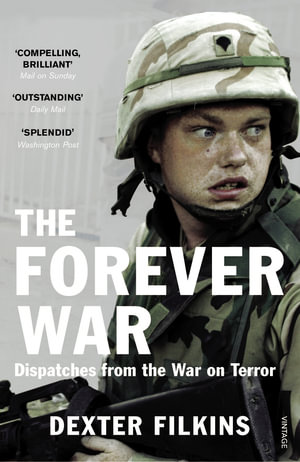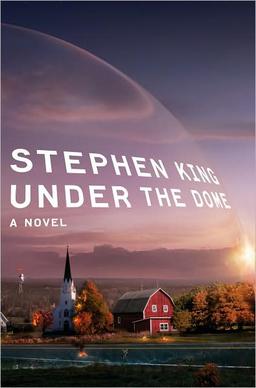SS-18 ICBM
Oscillator
Tea, The Drink that Changed the World by Laura Martin. History of the drink, quite short though. Best part are the appendices that show an outline of the various kinds of tea and how to prepare and enjoy tea. I would just like to note my amusement at a classic text about tea being called the Ch'a Ching.


 I mean it was not terrible or anything. Though I don't
I mean it was not terrible or anything. Though I don't